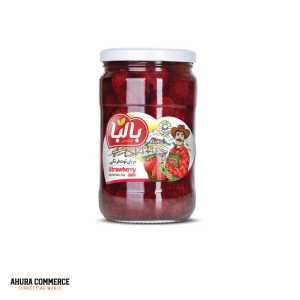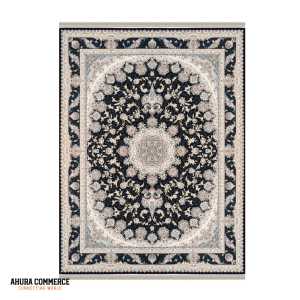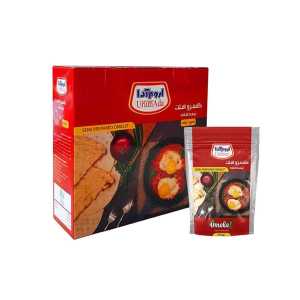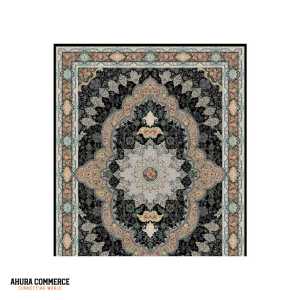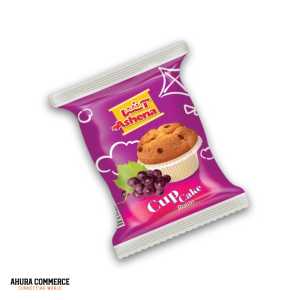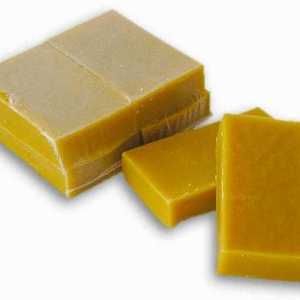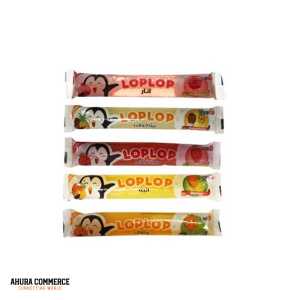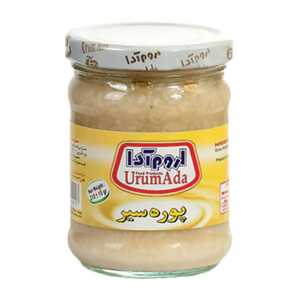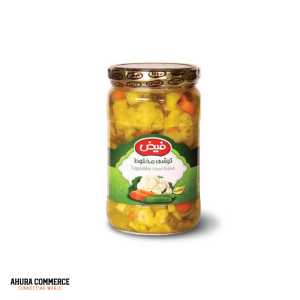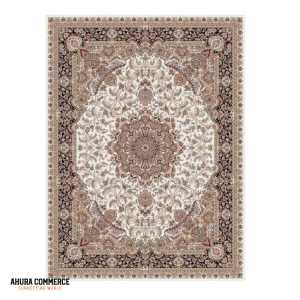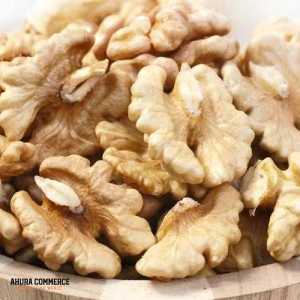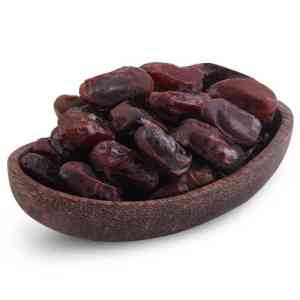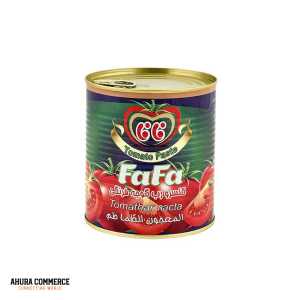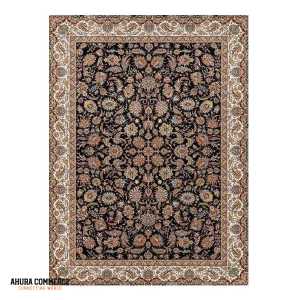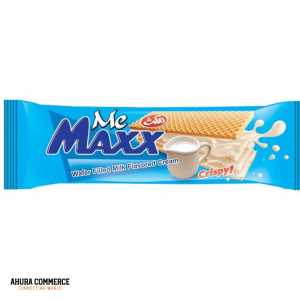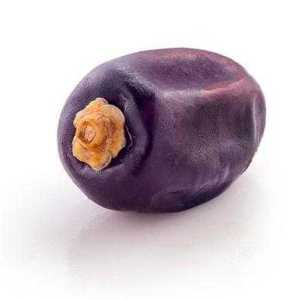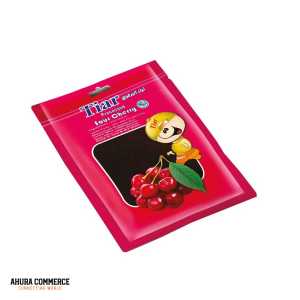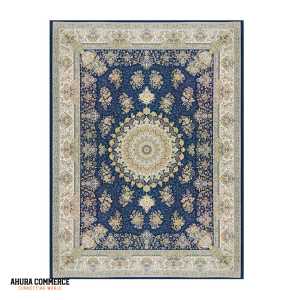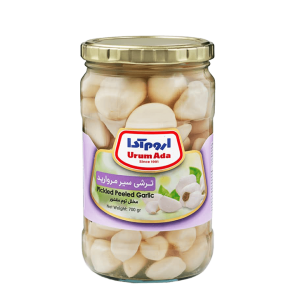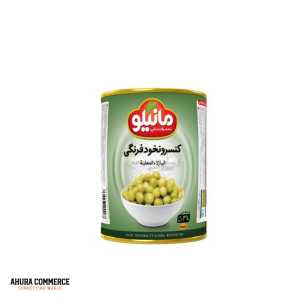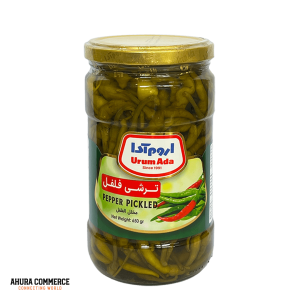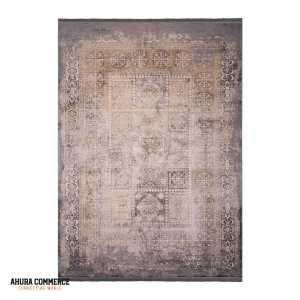Categories
- Agriculture
- Food and Beverage
- Cars and auto parts
- Electrics and Electronics
- Exchange
- Fashion and accessories
- Metallurgy Rubber & Plastics
- International Transportation
- Weaving, textiles
- Building Construction
- Chemicals
- Dairy
- Fruits and Vegetables
- Nuts and Spices
- Gifts and Toys
- Health and Beauty
- Home Appliances
- Livestock and poultry
- Machinery and Tools
- Row materials
- Office appliances
- Customs Clearance
- Home
- Clothing, textiles
- Exporting handmade rugs to the US
Please login
Login-
Advert ID: 889
-
Displayed: 13
-
Added: 2024-10-16 16:49:09
Exporting handmade rugs to the US
Description
Exporting handmade rugs from Iran to the US
Exporting handmade rugs to the US
The market for handmade rugs in the United States is growing, creating excellent prospects for exporting handmade rugs to the US. As American consumers increasingly seek products that reflect artistry, uniqueness, and cultural heritage, exporting handmade rug to the US fit perfectly with this evolving taste. This growing interest in sustainable and personalized home decor is not just a trend, but reflects deeper values, that makes exporting handmade rugs to the US a strategic opportunity for rug manufacturers.
Today, many consumers prioritize the origin and environmental impact of their purchases, and handmade carpets, which are usually made from natural materials such as wool, silk, and organic dyes, resonate with environmentally conscious buyers. . These features strengthen the case for exporting handmade rug to the US, where buyers value sustainability and ethical sourcing. The intricate hand-woven techniques found in these rugs attract fine art appreciators and increase the demand for exporting handmade rug to the US.
Another factor that fuels this demand is ethical considerations. Many consumers want to support fair trade practices and ensure that artisans receive fair wages and work in humane conditions. This trend increases the appeal of exporting handmade rug to the US, especially as buyers recognize the cultural importance and heritage protection that comes with supporting traditional weaving communities. By exporting handmade rug to the US States, rug manufacturers not only tap into a lucrative market, but also help preserve the rich traditions of weaving.
Current market trends
One of the key factors affecting on exporting handmade carpets to the US is the increase in home renovation and renovation activities. In 2023, demand for unique handmade rugs in the US increased as handmade sought to enhance their living spaces with decor that reflected cultural richness and distinctive designs. This trend makes exporting handmade rug to the US a great opportunity for those looking to cater to consumers who value craftsmanship and sophisticated design.
The growing role of e-commerce has increased that exporting handmade rugs to the US. Online platforms have simplified this process and allow sellers to reach a global audience, especially in the United States. This digital transformation has opened up new potential for exporting handmade rug to the US, giving American consumers access to a wide variety of rugs from regions with rich weaving traditions such as Iran, India, Turkey, and Afghanistan. Using these platforms, exporting handmade rug to the US have become more efficient and widespread, capitalizing on the growing demand for culture-rich home decor.
Consumer preferences and cultural demand
Exporting handmade rugs to the US is very attractive due to the strong demand of American consumers for individuality and sustainability. Buyers are drawn to the authenticity and uniqueness of these rugs, and each piece represents a traditional craft that has been passed down through the generations. This makes exporting handmade rugs to the US more than just a business opportunity. It allows artisans to share stories and heritage through their products.
In addition, the growing trend towards eco-friendly products has increased interest in natural materials such as wool, silk, and organic dyes that are commonly used in handmade rugs. As consumers become more environmentally conscious, exporting handmade rugs to the US that use sustainable materials and production methods resonates with their values. This shift strengthens exporting handmade rugs to the US and targets an environmentally conscious demographic that seeks beauty and sustainability in their home decor choices.
Future vision
Despite these challenges, the future of exporting Handmade carpet to US looks promising. Demand for personalized, environmentally friendly, and culturally relevant products is expected to continue to grow.
Cooperation with interior design companies and luxury brands can increase the attractiveness of handmade carpets in the US market and create the opportunity to export handmade carpets to US. As designers and architects increasingly look for unique and customizable pieces for high-end residential and commercial projects, the demand for handmade rugs is likely to increase.
In addition, innovation in marketing strategies, especially through digital platforms and social media, will play an important role in the future growth of the market. Exporters that effectively use these platforms to tell the stories behind their products and emphasize the cultural heritage and craftsmanship involved will have a competitive advantage in attracting US customers.
Conclusion
Exporting handmade carpets to US brings important opportunities and challenges. The demand for these unique and handcrafted products is increasing, driven by cultural appreciation, sustainability and the personalization trend. However, exporters have to deal with challenges such as rising costs of raw materials, shortage of artisans and complex trade regulations. By embracing digital transformation, environmentally friendly production practices and strategic partnerships, exporters can capitalize on the growing US market for handmade rugs and contribute to the preservation of this timeless industry.
Location
Exporting handmade rugs to the US

Ahura Commerce facilitates seamless international trade. Our platform empowers businesses of all sizes to navigate import/export regulations, connect with global partners, and optimize logistics. Leverage our expertise and network to achieve sustainable growth in today's interconnected marketplace.




